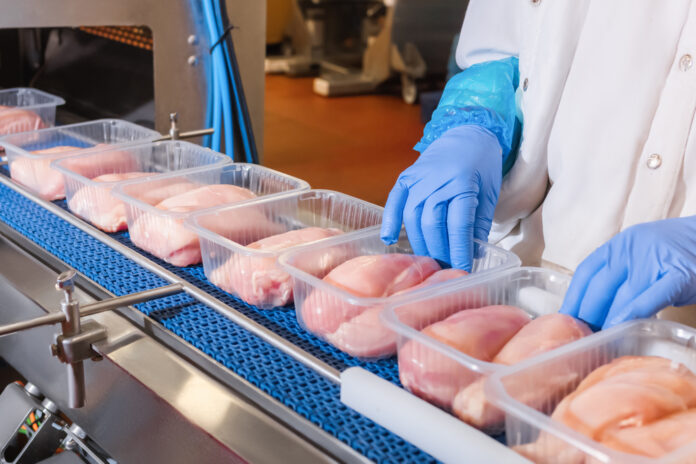The various agricultural stakeholders remain at odds over the government decision keeping low the tariff on mechanically deboned meat (MDM) of chicken and turkey at 5 percent till the end of 2024.
Under Executive Order 13 dated January 13, 2023 made public only last week, that decision was ostensibly grounded on the “need to maintain the reduced tariff rates on MDM of chicken and turkey to ensure continued supply of essential food products at affordable prices, diversify the country’s market sources and help businesses recover and sustain their operations.”
The tariff will revert to 30 percent for in-quota and 40 percent for out-quota by January 1, 2025 subject to a review a year after its implementation by the National Economic Development Authority tasked to submit its finding and recommendations on the measure.
But the vigilant Samahang Industriya ng Agrikultura (SINAG) issued a statement saying the economic managers merely “prevailed over the stark realities on the ground.”
“At no point in the last two years (does it show) that lowering the tariff of MDM resulted in reduced prices of processed and canned meat products,” said Jayson Cainglet, executive director of SINAG, in a statement.
Cainglet is apprehensive for when the tariffs revert to the original rates and the protected commodities show “insignificant” price adjustment.
“The injustice being suffered by the livestock industry will continue as the concession in lowering MDM tariff was a historical injustice to the livestock industry, poultry raisers and local agriculture sector,” Cainglet argued.
As for the Philippine Association of Meat Processors Inc. (PAMPI), it said the 5 percent tariff on MDM could only have a “positive impact” on the price of processed meat such as hotdogs, luncheon meat and siomai,among others.
“Contrary to the belief of a few people in the livestock sector, the President’s decision reflects his wisdom and sincerity in protecting the interest of the majority of Filipinos, as this will help provide millions of consumers with affordable meat products,” said Felix Tiukinhoy Jr., PAMPI president, in a statement.
No matter the arguments, Tiukinhoy said PAMPI is looking forward to the day “when domestic producers would be able to produce MDM in commercial volumes.”
Data from the Bureau of Animal Industry show that as of end-2022, 243.22 million kilograms (kg) of imported MDM chicken and 275,340 kg of MDM turkey entered the country.
Brazil provided most of the MDM chicken with 162.45 million kg equivalent to 66.8 percent while Canada provided most of MDM turkey with 221,340 kg equal to 80.39 percent.







